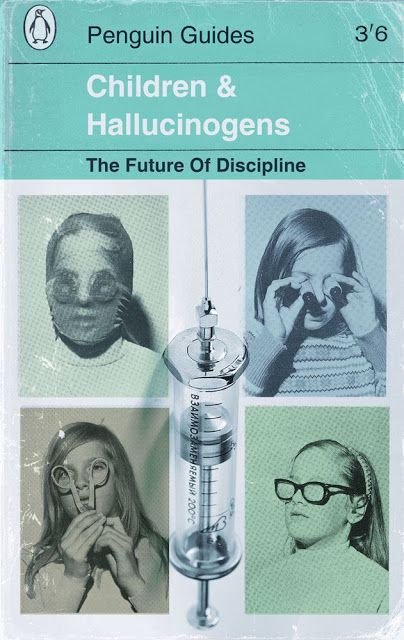subgenius wrote:Amore wrote:Subgenius,
Ok, we are primarily emotional beings - true.
For survival, "fight or flee" reactions are more immediate and thus successful than analyzing the situation.
So, it's true that when something surprises us - it will stimulate an automatic e-motion to get us in motion.
Yet, in today's relatively peaceful societies, isn't the flight or flee response less actual and more perceived (cognitively interpreted)?
Ideally, we utilize both emotion and intellect to have mental health.
As babies, (maybe for survival reasons), our brains are more active in the emotional center of the brain. This is why we sometimes have exaggerated emotional reactions without understanding why. As babies, we only had emotional awareness and little cognitive/language awareness to make sense of things.
You ask a good question about controling feelings.
Because of family and other group beliefs, keeping reins on feelings can be deeply ingrained and maybe why many seek for excuses to release them - by partying, or other diversions.
If you have any other thoughts on that, I'd like to know.
Anyway, I think it's so much in each of our personal interest to bring what's subconscious to conscious awareness.
Another, more personal approach to this is discovering which coping methods we adopted as children, which are now counterproductive...
Schemas/Life Traps
http://www.schematherapy.com/id73.htm
Interesting post and a few points to ponder.
But I would like to notice one in particular-
"we utilize both emotion and intellect "I am curious how many people age with your conclusion here?
The reason I wonder is because you are seemingly introducing a third party. ..something outside of -with the power over - both emotion and intellect.
I believe there are convincing arguments and evidence that conclude with one's intellect being able to control emotion and with one's emotion being able to control intellect.
Is this some sort of improvisational partnership? Or is there an obvious third party pulling switches and turning knobs?
Good questions.
Subconscious is considered to play a role in making sense out of everything primarily through dreams brought to awareness (but also meditation, hypnosis etc).
Some believe the subconscious also acts as a bridge between the spirtual self (the self that is beyond brain activity and is experiential perception(?)).
As you mentioned, there also seems to be a trading on and off of control from intellect to emotion. I don't think it's ever all one or the other except in maybe lobotomies. Even those with Autism, schozophrenia etc, have ability to both feel and reason - except they aren't working together in the ideal way in some circumstances.
As far as being more open emotionally, what do you think are the most healthy ways to tap into subconscious beliefs/feelings, experience them and heal?
I tend to think that although meditation, writing and other forms of solitude are important, I also think interacting with others (particularly those who push our buttons) can be helpful.

